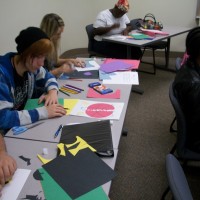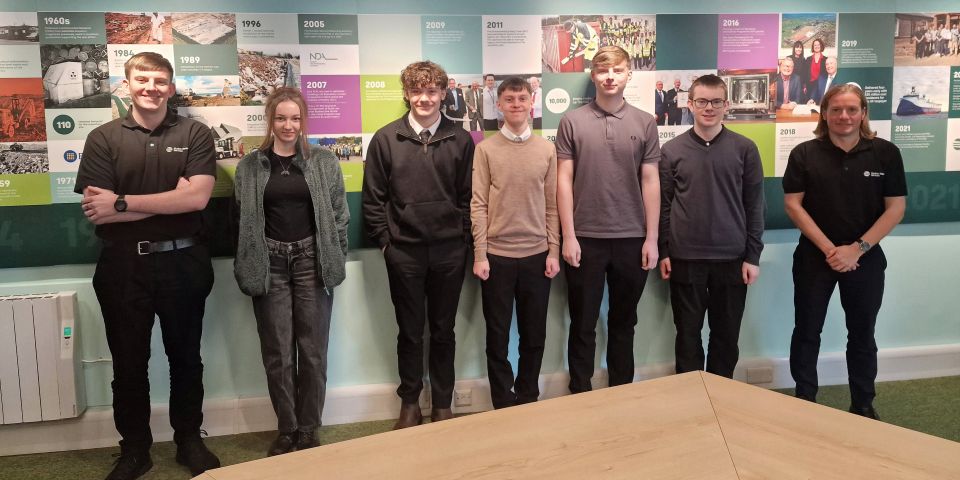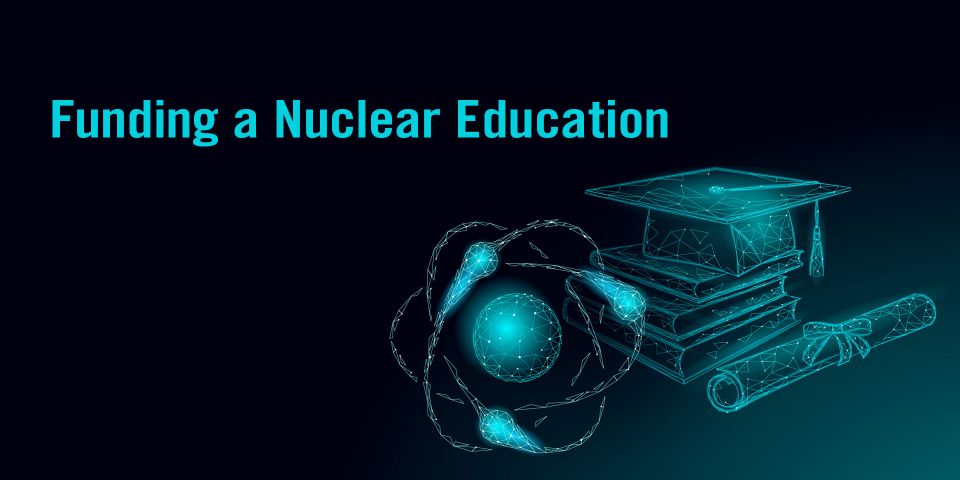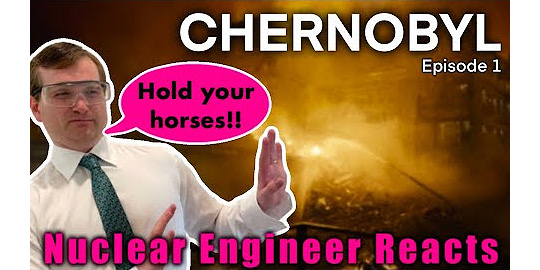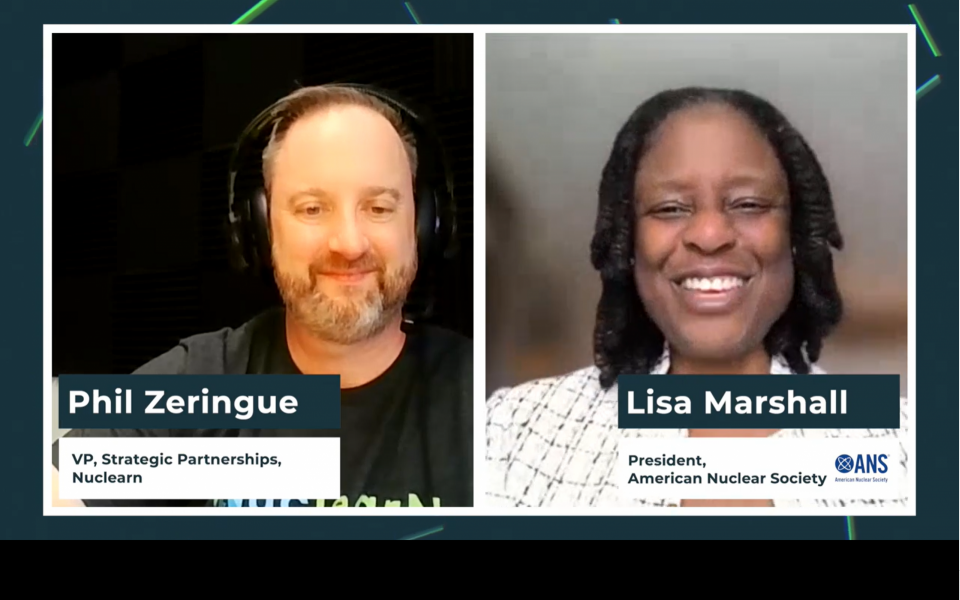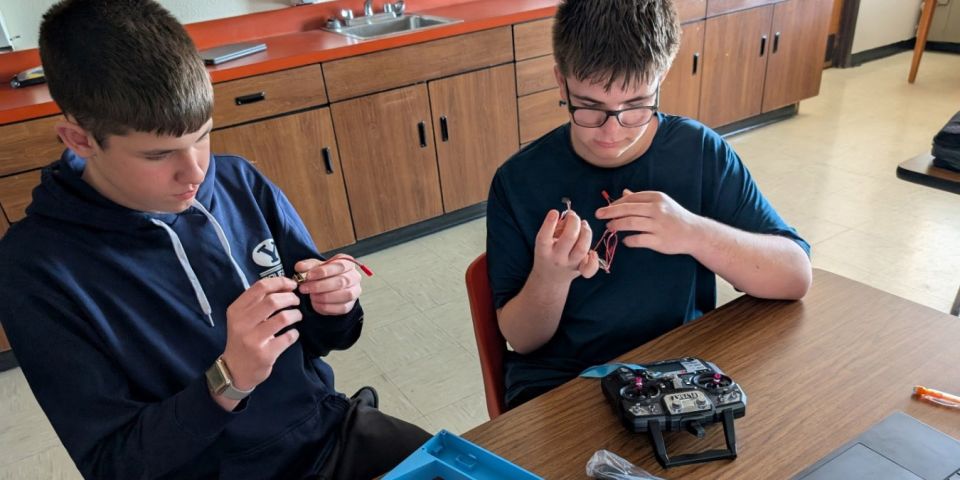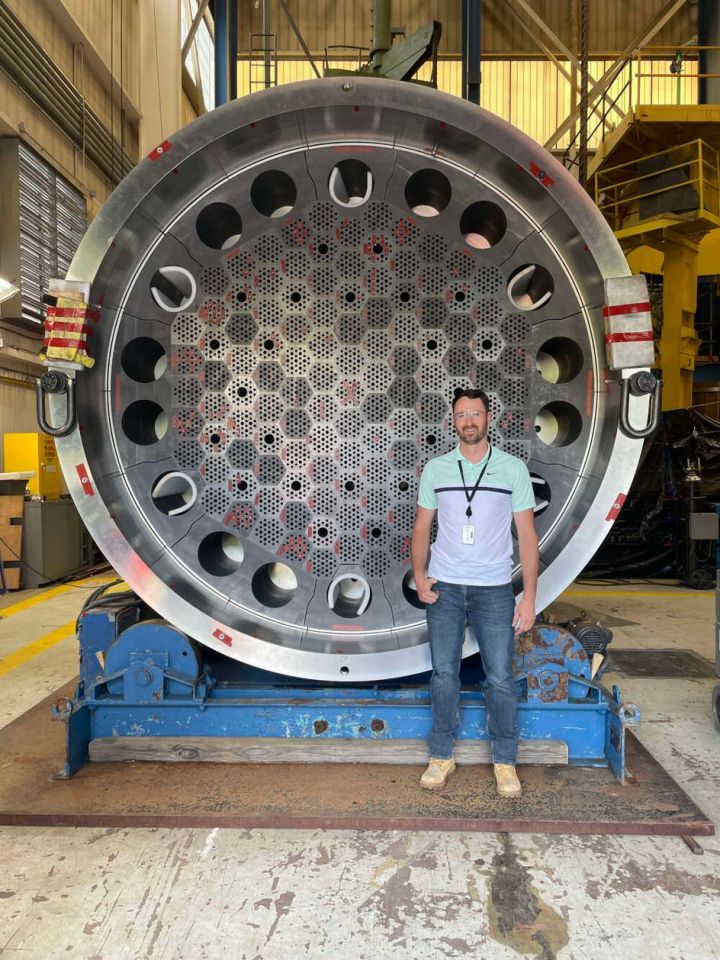Education, popular culture, and energy
 As an artist I have been lucky to find a place in the nuclear community, but I haven't forgotten what it feels like to be confused about energy (there was a time when I thought that biofuels and solar panels were a viable solution). I want to describe a situation that many young Americans are facing right now, in order to offer perspective on what energy issues look like from the outside. Do your best to put yourself in someone else's shoes for a moment:
As an artist I have been lucky to find a place in the nuclear community, but I haven't forgotten what it feels like to be confused about energy (there was a time when I thought that biofuels and solar panels were a viable solution). I want to describe a situation that many young Americans are facing right now, in order to offer perspective on what energy issues look like from the outside. Do your best to put yourself in someone else's shoes for a moment:
Let's say you are a recent college graduate and you have just earned a liberal arts degree in psychology (the second most popular major, according to the Princeton Review). Getting this degree required lots of core curriculum. Political science, biology, chemistry, and maybe a few philosophy courses were tacked onto your course load to prepare you for the "real world" awaiting you.
As you start your job search, you realize that many factors are playing into your ability to build a life for yourself, and that they all seem to rest on one central theme: Energy. The economy, cost of living, food and gas prices, availability of jobs, and political conflicts from local to international seem to be intrinsically rooted to energy issues.
Psychology didn't cover much on energy, but a semester of political science suggests that energy plays a major role in international and domestic disputes, and affects the economy. "Introduction to Biology" explained the amazing way that life forms fix carbon and become fuel sources through different processes such as photosynthesis. And , chemistry describes the way that we break those carbon bonds to release the stored energy. Philosophy brought up questions about the ethics of the how we obtain and use energy, but there seems to be more to the story. Unfortunately, there was no Energy 101 course offered to understand how all of these different aspects of energy fit together.
So, where do you find information to help gain a big picture perspective on energy, and move forward with your life and career? Government agencies, corporations, and the media all seem to have very different, even conflicting, views on the subject, as do friends and family. There really isn't cultural consensus or a common sense perspective that you can identify with.
The worst part is that it means finding a job is going to be really tough, and there aren't a lot of signs that things are improving.
In the face of such ambiguity, popular culture seems to fill in the gaps of knowledge. In a few hours of watching the news or scanning the Internet, one might deduct that coal is poisoning our environment, natural gas fracking is contaminating water supplies, oil is causing international warfare and raising the cost of just about everything, and Fukushima doesn't bode well for the future of nuclear. Renewables seem like an unattainable dream for most people, since they require large personal investments or proximity to overwhelming industrial farms.
In my mind, the increasingly common situation that many Americans and especially young people are facing provides valuable clues about how we can better support members of the public in the ongoing debate about energy.
First of all, our educational systems are not providing basic knowledge that our citizens need to make informed decisions regarding energy. The fact that most people (including college graduates) have little understanding of what keeps the lights on is, quite frankly, disturbing.
From grade school through higher education, subjects are divided and subdivided in a way that does not contribute to big picture thinking. Energy is an overarching issue between many disciplines and deserves specific attention. Why there is not an energy course for every age is beyond me, and something I think the nuclear industry should be particularly concerned about. It is only when you lay all of the options on the table that nuclear becomes an obvious choice. Our energy policy, or lack thereof, is in my mind a direct result of our fractured education about energy.
In addition to education, we need to become skilled in directing the image of nuclear energy in popular culture. A good product deserves good brand management. Through social media, mainstream media, and advertising, the nuclear community needs to get in the game in a big way. Every other energy source engages in well-funded, well-organized, large-scale advertising and outreach. It is not sleazy or manipulative to do this; it is in fact an important part of American culture. Nuclear is widely misunderstood and we need to be proactive if we want public support.
In a democracy, public opinion directly informs legislature. If Americans do not want growth in the nuclear sector, our government is obligated to respect that wish. If Americans demand nuclear power, our government will listen. At this point in time our biggest obstacle is not technical or legislative; it is reaching customers with information that makes them want to buy our product. No matter what fantastic scientific breakthroughs have come from the nuclear community, the public must accept those technologies if they are to become viable commercial products.
Largely, Americans just care about having jobs and taking care of their families, and think about energy most when it creates problems in our everyday lives. Rethinking how we communicate with the public, via education and popular culture, are just as important as research and development and licensing. This has been the missing link for decades, and although much of the industry talks about the need for increased communications efforts, action is more important now than ever. As more and more Americans are asking questions about energy, we must be prepared to provide answers.
Suzy Hobbs is the executive director of PopAtomic Studios, a non-profit organization dedicated to using the power of visual and liberal arts to enrich the discussion on nuclear energy.


